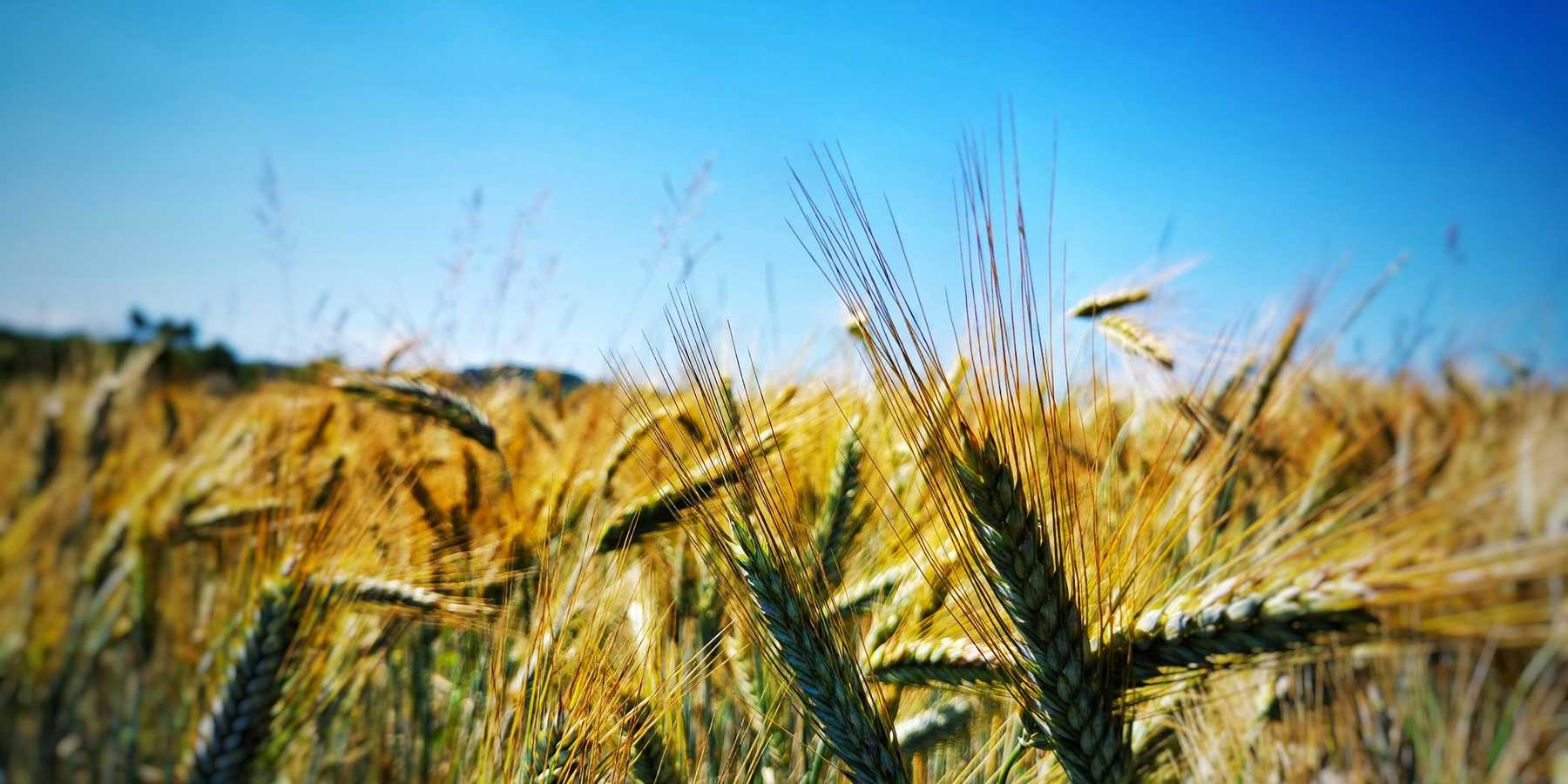
Climate change is undercutting the MAHA movement's healthy food agenda
Extreme weather and rising emissions are making it harder for small farmers to grow nutritious food, complicating the Trump administration’s Make America Healthy Again campaign.
Lisa Held reports for Civil Eats.
In short:
- The Make America Healthy Again (MAHA) initiative promotes fresh, healthy foods, but worsening climate conditions — heat, drought, floods, and storms — are reducing crop yields and food quality, especially for small and organic farmers.
- Despite supporting MAHA’s goals, the Trump administration has slashed climate and renewable energy programs for farmers, rolled back emissions rules, and passed legislation that favors conventional, fossil-fuel-intensive agriculture.
- Scientists warn that rising carbon dioxide reduces crop nutrition and productivity, and that agricultural systems are increasingly unstable in the face of extreme weather and biodiversity loss.
Key quote:
“We’re changing those biophysical conditions at the fastest rate in the history of our species. It’s the climate that we’re changing, but it’s also biodiversity loss and pollution and changes in access to water. It’s not just climate change, it’s everything change.”
— Samuel Myers, director of the Johns Hopkins Institute for Planetary Health
Why this matters:
Farmers are facing a double bind: They’re encouraged to grow more nutritious, whole foods to fight diet-related disease, but the climate instability caused by fossil fuel emissions is making it harder to do so. Unpredictable weather, severe droughts, floods, and heatwaves are straining farm operations and shrinking yields. At the same time, higher levels of carbon dioxide are making crops less nutritious, with key declines in iron, zinc, and protein content. These pressures are especially acute for small-scale and organic farms that use sustainable practices but are often excluded from subsidies and insurance protections. As federal policy shifts away from climate resilience and toward industrial agriculture, the long-term ability of U.S. farmers to produce healthy, affordable food is increasingly at risk.
Learn more: Trump’s first 100 days bring sweeping rollbacks to climate protections and environmental oversight













